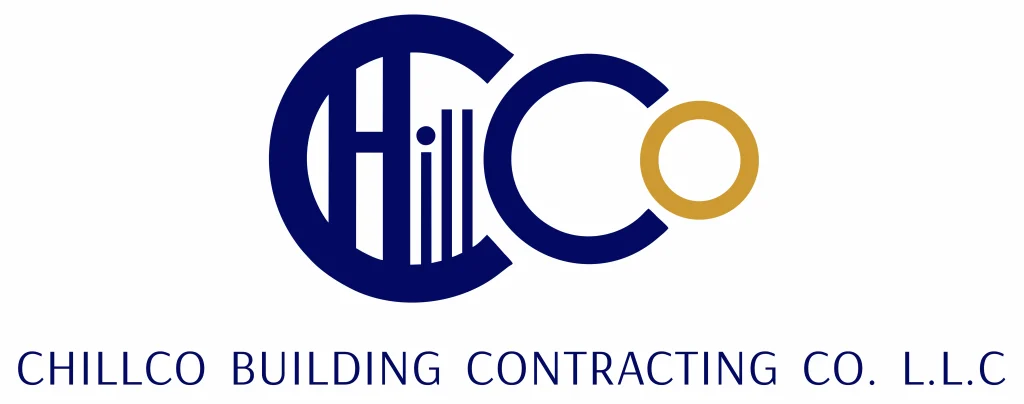Dubai’s construction industry continues to thrive, driven by ambitious projects and a commitment to innovation. As the city evolves, staying informed about the latest developments and regulatory changes is crucial for professionals in the field. Here’s an overview of recent trends and essential regulations shaping Dubai’s construction sector.
Surge in Property Market and Luxury Developments
Dubai’s property market has experienced a significant surge, attracting investors and residents worldwide. In the third quarter of 2024, residential sales reached AED 120 billion ($32.7 billion), with top-end homebuyer spending projected to rise by 76% year-on-year to $4.4 billion. Property prices have increased by over 147% in the past five years, reflecting the city’s robust real estate sector.
This growth has led to the development of ultra-luxury neighborhoods, including bespoke mansions on man-made islands like “Billionaire Island.” These properties often feature private beaches, rotating parking tables, cinemas, spas, and custom designs tailored to clients’ preferences. Such developments underscore Dubai’s appeal to high-net-worth individuals seeking unparalleled luxury.
Introduction of the Dubai Building Code (DBC)
To unify building design across the emirate, Dubai introduced the Dubai Building Code (DBC). The DBC mandates minimum requirements for health, safety, welfare, and environmental impact, providing detailed technical guidelines to ensure sustainable development and reduce the environmental footprint of new constructions.
Upcoming IFC Regulations
Effective from January 1, 2024, new International Finance Corporation (IFC) regulations have been introduced to control the overall massing of Dubai’s city zoning strategy. This move underscores Dubai’s commitment to digitalization and sustainable urban planning.
Key Construction Regulations
Compliance with local regulations is paramount for successful project execution. The Federal Law No. 2 of 2016 on Building Codes sets forth minimum standards for the design, construction, and maintenance of buildings, covering aspects such as structural integrity, fire safety, energy efficiency, and accessibility. Additionally, all contractors in Dubai must obtain a ‘contractor classification license’ to operate legally.
Conclusion
Dubai’s construction industry is at the forefront of innovation, luxury, and sustainability. By staying abreast of the latest market trends and adhering to updated regulations, professionals can contribute to the city’s dynamic and ever-evolving landscape.

